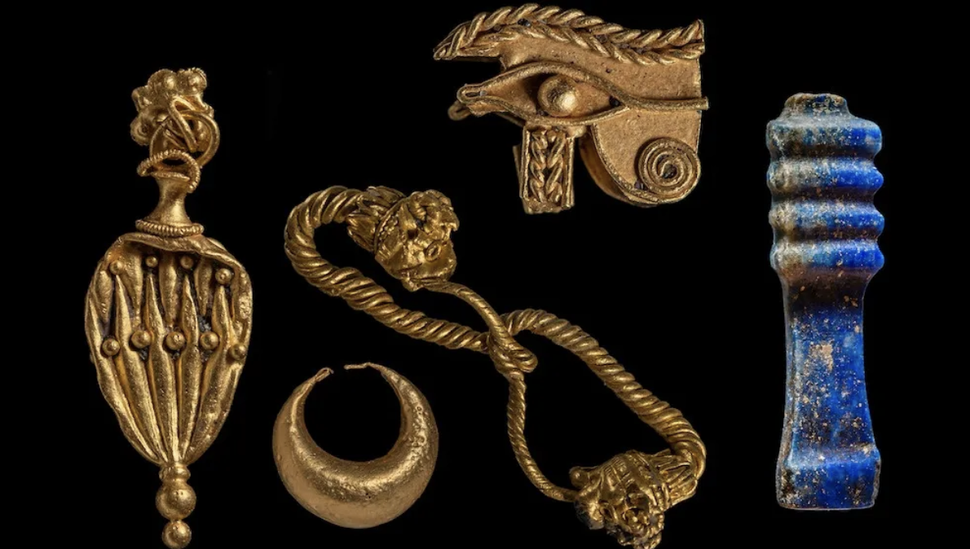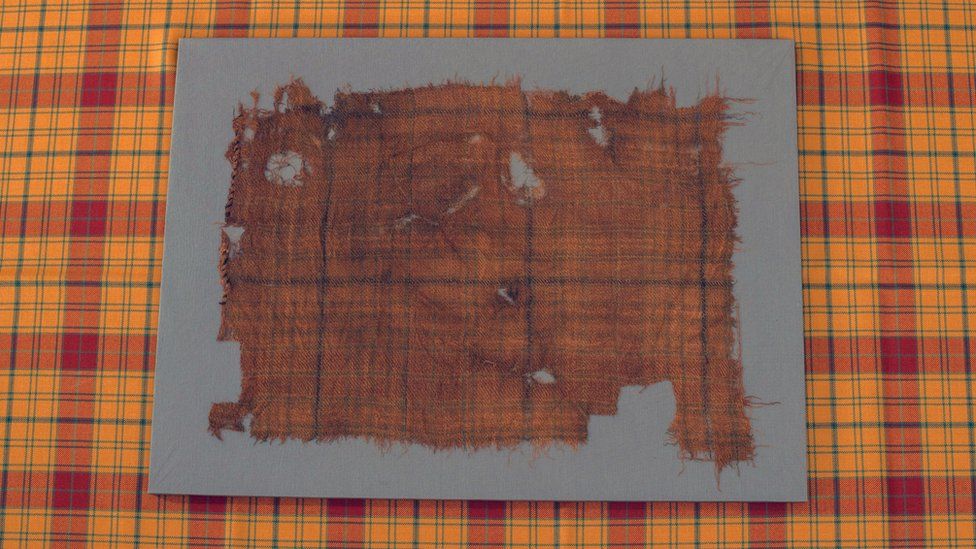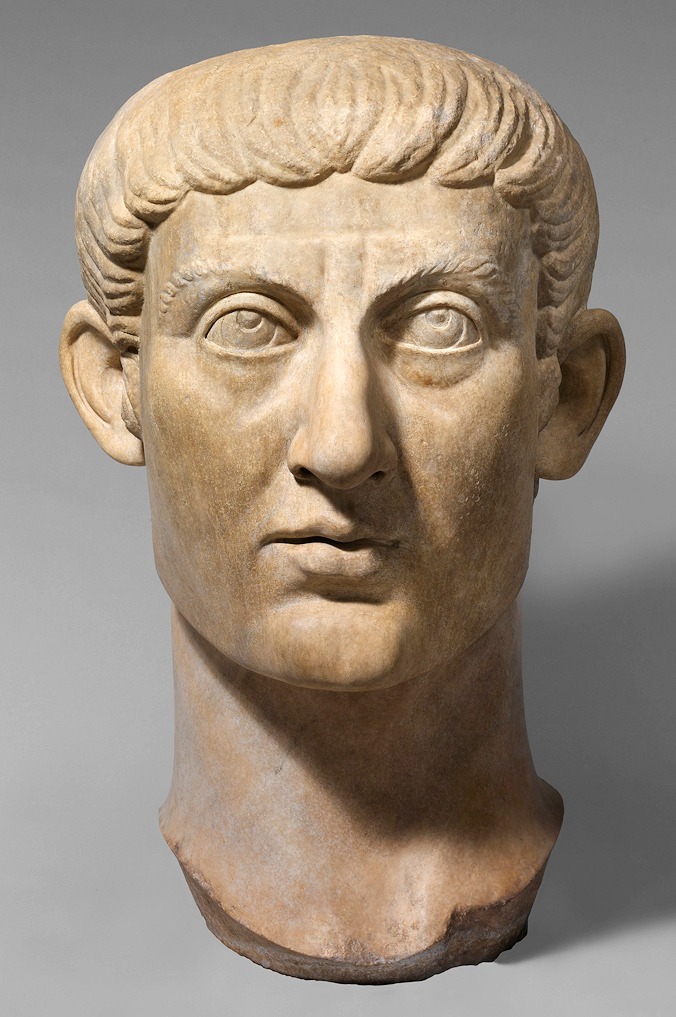OK, guys and gals, it’s time for our monthly round up of links to items you may have missed the first time round. So here goes …
Science, Technology, Natural World
There’s this giant star-shaped sand dune in Morocco whose mysteries are now beginning to be understood.
There are some mathematical techniques which can not only tell use where we’re going, but where we’ve been.
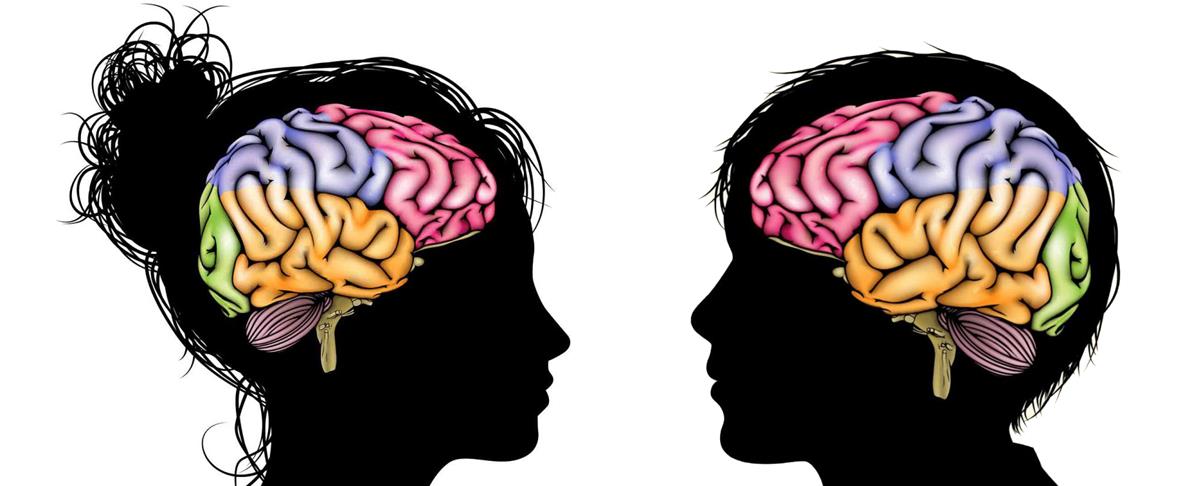
Most parents would agree that teenagers are odd. Here are two reasons why.
First it seems there may be evolutionary advantages to the affliction of “teenage brain“. [£££]
Secondly apparently puberty triggers “teenage armpit odour” of cheese, goat and urine.
Now to something more wholesome … Every cat has a strange pouch under its belly and scientists still don’t know why.
Health, Medicine
Girls are entering puberty ever earlier, and for some it is proving a significant mental health risk. [LONG READ]
Along with this we must stop trying to normalise and ignore women’s menstrual pain and bleeding. [LONG READ]

Mind you, it doesn’t help matters when menstrual health literacy is so alarmingly low.
Progressing through the reproductive cycle, here’s a piece of pregnancy and childbirth in 17th-century England.
Now for something different. Unusually some people are totally unable to picture things in their mind, they have no mind’s eye. [LONG READ]
Sexuality
This one’s not for the squeamish … Why do some people find it pleasurable to insert objects into their urethra? [LONG READ]
On safer ground, here’s a look at some new insights into people’s motivation for polyamory.

Social Sciences, Business, Law, Politics
It is much believed that girls avoid studying physics because the maths is too hard, but that is not the case.
History, Archaeology, Anthropology
The world’s oldest known fossilized forest has been discovered in England.
A Copper Age necropolis, containing skeletons and still sharp weapons, has been found in Italy.
Burginda was an early medieval English woman who was not just educated but well-versed in African poetry.
A guy fishing with a magnet from an Oxfordshire bridge has pulled up an 1100-year-old Viking sword.
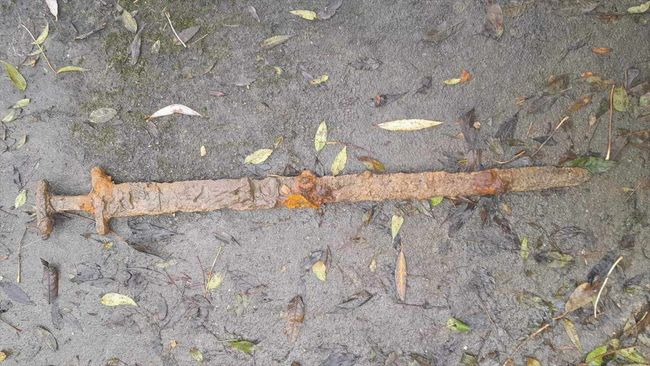
So how do historians sensibly divide the 1100-ish years of the Middle Ages into manageable chunks of time.
Just as today, medieval women had informal social networks to share health problems and medical advice.
In which 17th-century ladies go dildo shopping.
Don’t like a seven day week? How does a 10 day week sound? The French Revolutionary Calendar tried it for 13 years until Napoleon abandoned it in favour of keeping step with the rest of Europe.

Food, Drink
There’s an impending risotto crisis as it seems the key Italian rice crops are dying due to drought. [LONG READ]
Lifestyle, Personal Development, Beliefs
Here’s one neurologist who makes a good case against daylight saving time. [LONG READ]
Meanwhile one sex researcher has vowed to never share her bed with anyone anymore. [££££]
There’s a growing belief that many of our ills, and especially those of younger generations, are all down to our dependence on smartphones.
You’ve doubtless heard of incels, now we need to start understanding the psychology of femcels.
And finally I’ll leave you with one (naturist) writer’s take on understanding the difference between naturism and primitive living. [LONG READ]










![Didgeridoo and clapstick players performing at Nightcliff, Northern Territory [Wikipedia]](https://upload.wikimedia.org/wikipedia/commons/5/55/Didgeridu_and_clap_sticks.jpg)
